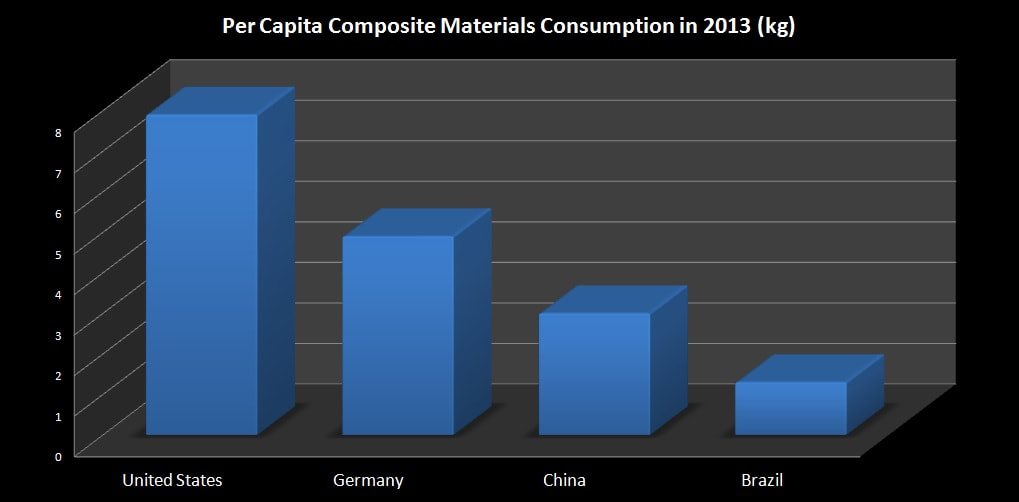|
The polymeric composite materials, besides being present on our daily basis for a short period of time compared to other medieval materials such as steel or wood, have increased Its visibility and space in many market sectors by offering efficient and practical solutions that contain technology, innovation and consequently more value to the products made this way. Its potential is easily justified for the existing diversity in it that varies from simple and beautiful craft products to high technology and performance components used in vital segments such as aeronautics, wind energy and sports. However, despite being a new material in the eyes of modern society, composites development is slowed down due to the lack of knowledge applied to its engineering or event the conscience of its existence, turning its concepts most times unknown to people around the globe. Because of that, many gaps start to become more evident, countries that have strong industries where composites are present with many successes in history are more likely to know it better than other countries where the same industries aren’t that evident or developed. According to Composites Manufacturing Magazine, it’s estimated that per capita composite materials consumption in the United States in 2013 was approximately 7,2 kg (16 pounds), followed by Germany with approximately 3,9 kg (8.6 pounds), Brazil on the other hand, kept an average value of approximately 0,9 kg (1.9 pounds) according to ALMACO/Maxiquim, It is considered a very low score if compared to China, that leaded the BRIC’s per capita composite materials consumption in 2013 with approximately 2,1kg (4.8 pounds).
But It doesn’t mean that the composites fever didn’t get to the Brazilian land, It means that due to the lack of knowledge and conscious people about the composite materials, plus the lack of professionals with engineering formation about this material, Its development has been too slow to keep following the other countries. For that reason, companies that correctly invest in Composites technology and knowledge in Brazil, can have an opportunity to gain the upper hand in this sector, getting the best of both worlds in a small but promising market.
0 Comments
Your comment will be posted after it is approved.
Leave a Reply. |
AuthorLucas Camatta, graduated in Business Administration, 6 years of experience in the composites area, Director Manager at CRC Composites Archives
October 2017
Categories
All
|


 RSS Feed
RSS Feed
